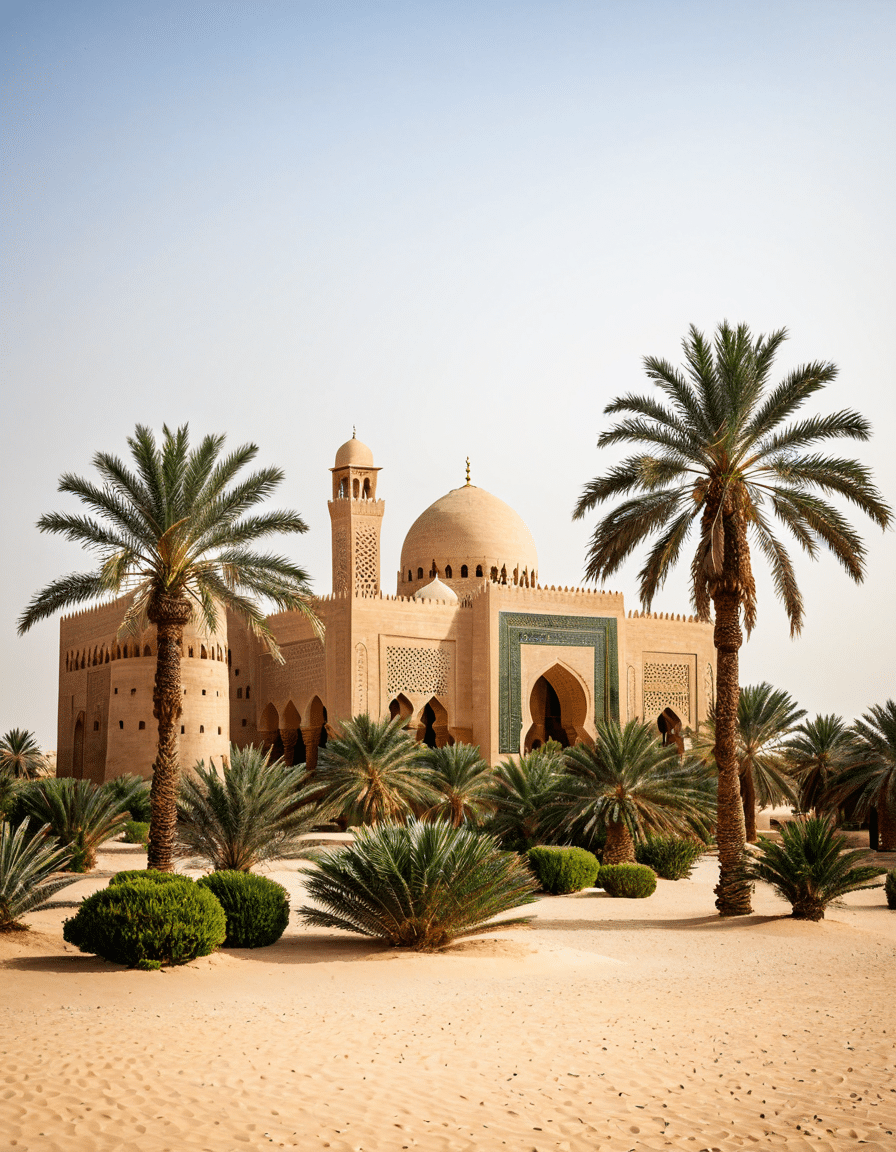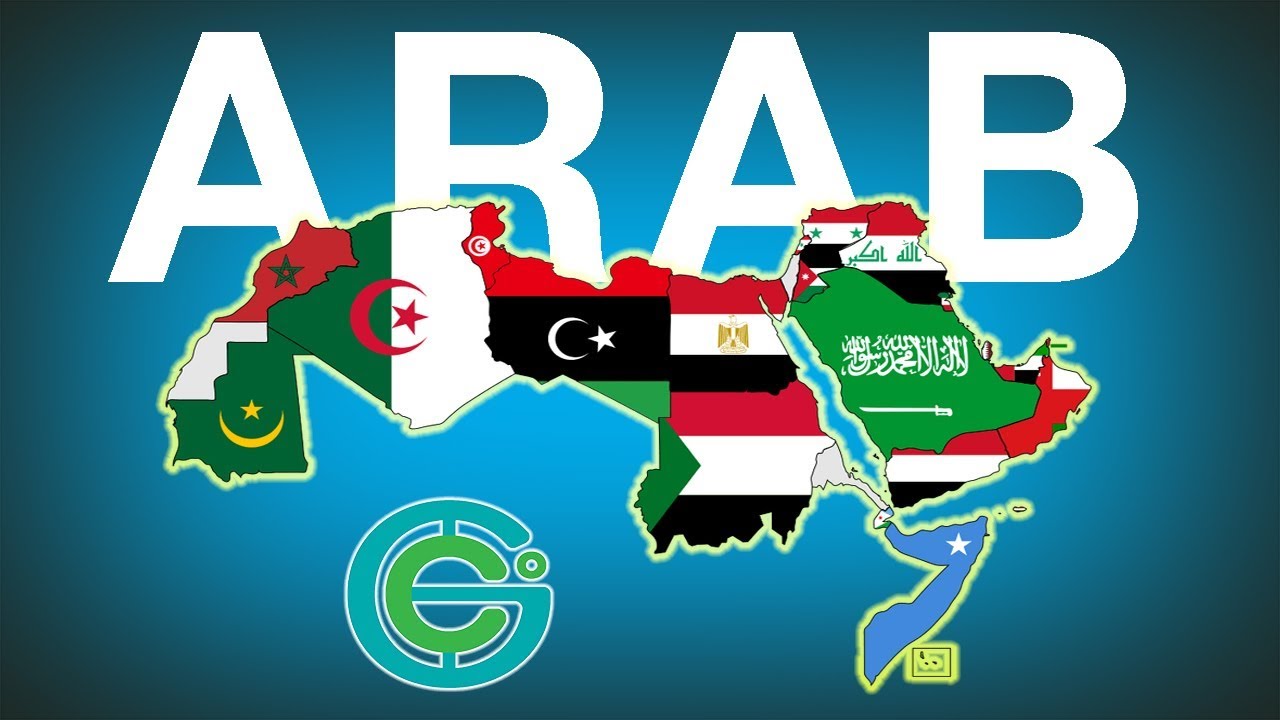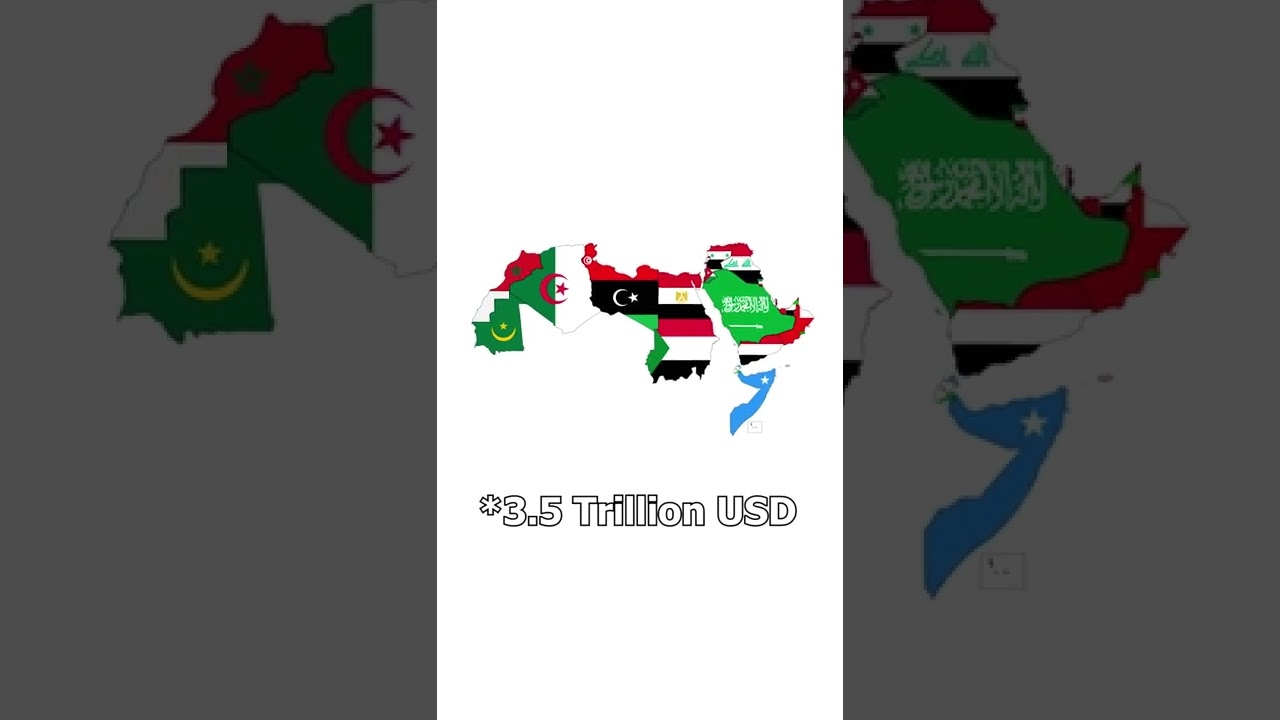The Arab countries form a vibrant patchwork of cultures and histories, rich in traditions and stories that span thousands of years. It’s not just about landmarks or cuisine; each nation holds a narrative that contributes to the Arab world’s collective identity. From ancient sites to modern artworks, these countries exude a cultural richness that is bound to amaze visitors from all walks of life.
7 Arab Countries to Explore for Their Rich Cultural Heritage
1. Egypt: The Cradle of Civilization
When one mentions Arab countries, Egypt shines like a beacon of human history. Often referred to as the “Cradle of Civilization,” Egypt is home to wonders like the ancient pyramids at Giza and the nurturing flows of the Nile River. Visitors can delve into Pharaohs’ legacies at the Egyptian Museum in Cairo, where treasures thousands of years old beckon curiosity. Every January, the annual Cairo International Book Fair draws thousands, celebrating the country’s vibrant literary scene and showcasing its ongoing contributions to global knowledge.
2. Morocco: A Blend of Berber, Arab, and French Influences
Morocco enchants with its kaleidoscopic blend of Berber, Arab, and French influences. The bustling streets of Marrakech, alive with colors and aromas, offer a feast for the senses. Visitors can get lost in its historic medina, which feels like stepping back in time. Mountainous landscapes contrast beautifully with the coast, evident in cities like Essaouira. The Fes Festival of World Sacred Music is a testament to Morocco’s artistic flair, fostering intercultural dialogue and celebrating musical traditions.
3. Lebanon: A Crossroads of Civilizations
Lebanon holds a strategic place among Arab countries, acting as a crossroads between East and West. Beirut, with the US Embassy serving as a diplomatic hub, underscores the city’s global significance. The ruins of Baalbek, magnificent ancient Roman temples, are a sight to behold. The nation’s cuisine delights all palates; dishes like tabbouleh and kibbeh are just a couple of local favorites. Recently, Beirut’s arts scene has experienced a revival that highlights its resilience in the face of adversity.
4. Jordan: The Land of Biblical Wonders
Jordan is home to one of the most famous archaeological sites in the world: Petra. Once a pivotal trading hub, this ancient city draws visitors looking for a taste of biblical history. Stunning landscapes, particularly in Wadi Rum, attract adventure enthusiasts who seek unique experiences. The Dead Sea, with its healing properties, further enhances Jordan’s appeal. Traditional music and dance, seen at events such as the Jerash Festival of Culture and Arts, enrich the Jordanian cultural scene and unite communities.
5. Tunisia: Echoes of Ancient Empires
In Tunisia, layers of history emerge, revealing influences from the Romans, Byzantines, and Ottomans. The UNESCO World Heritage Site of Carthage offers insights into ancient civilizations’ legacies in the region. The Bardo National Museum features one of the world’s largest collections of Roman mosaics. The richness of Tunisian culture also resonates in its music, with genres like Malouf reflecting the nation’s artistic vibrancy.
6. UAE: Modernity Meets Heritage
The United Arab Emirates stands as a symbol of modernity alongside tradition. Abu Dhabi’s Sheikh Zayed Grand Mosque is a masterpiece of Islamic architecture that combines beauty with spiritual significance. In Dubai, the Art Dubai festival showcases the region’s dynamic art scene, demonstrating how contemporary and traditional influences intertwine. Cultural festivals, particularly during UAE National Day, foster a sense of pride and unity among its diverse population.
7. Oman: A Hidden Gem Rich with Tradition
Oman is a hidden gem among the Arab countries, offering stunning landscapes that range from deserts to beautiful coastlines. Its rich culture is deeply embedded in hospitality and craftsmanship. Visitors can explore historical forts like those in Nizwa and Bahla. Oman places great value on preserving its cultural identity through artisanal crafts, such as intricate pottery and silver jewelry, offering a glimpse into the local way of life.
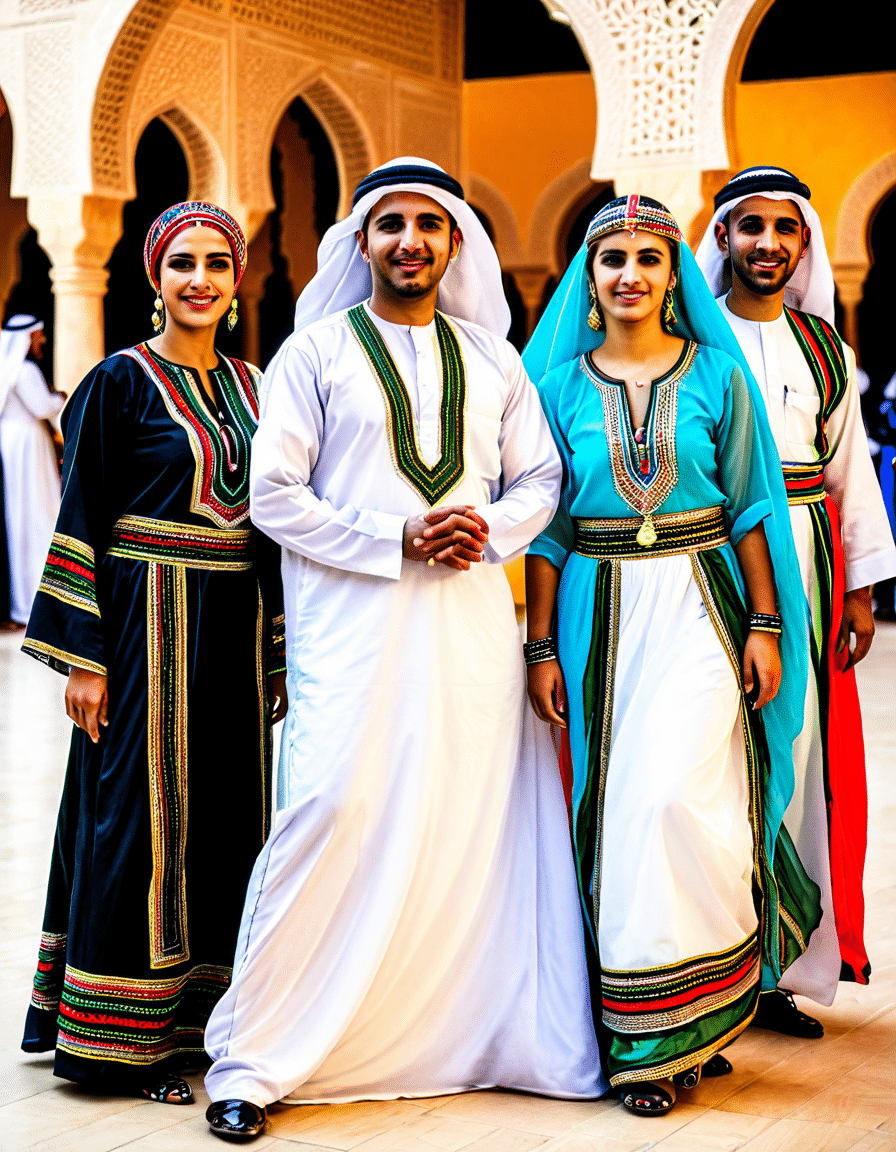
The Complex Interaction of Iran and Israel
The relationship between Iran and Israel is woven with history, politics, and social intricacies impacting the wider Arab region. Often marred by tensions stemming from ideological divides and territorial disputes, the dynamics between these nations impact not only bilateral relations but also trade and cultural exchanges in neighboring Arab countries.
Throughout the years, initiatives like the Abraham Accords sought to create diplomatic ties between Arab nations and Israel, though they also raised questions about how Iran would respond. For Arab countries like Jordan and Egypt, balancing ties with Israel while managing regional relationships becomes a juggling act.
The Cultural Repercussions of Israel and Iran’s Relations
As the relationship between Israel and Iran continues to evolve, neighboring Arab countries find themselves navigating a complex landscape. Cultural exchanges and diplomatic relationships have been influenced directly by the tensions between these two nations. The interaction impacts everything—from tourism to artistic collaborations—highlighting the fragile nature of coalitions in the region.
Understanding this dynamic is vital, given that developments in Iran and Israel inevitably reverberate through the broader Arab world. As nations engage in dialogue and develop partnerships, they must acknowledge and manage the historical narratives shaping their relationships.
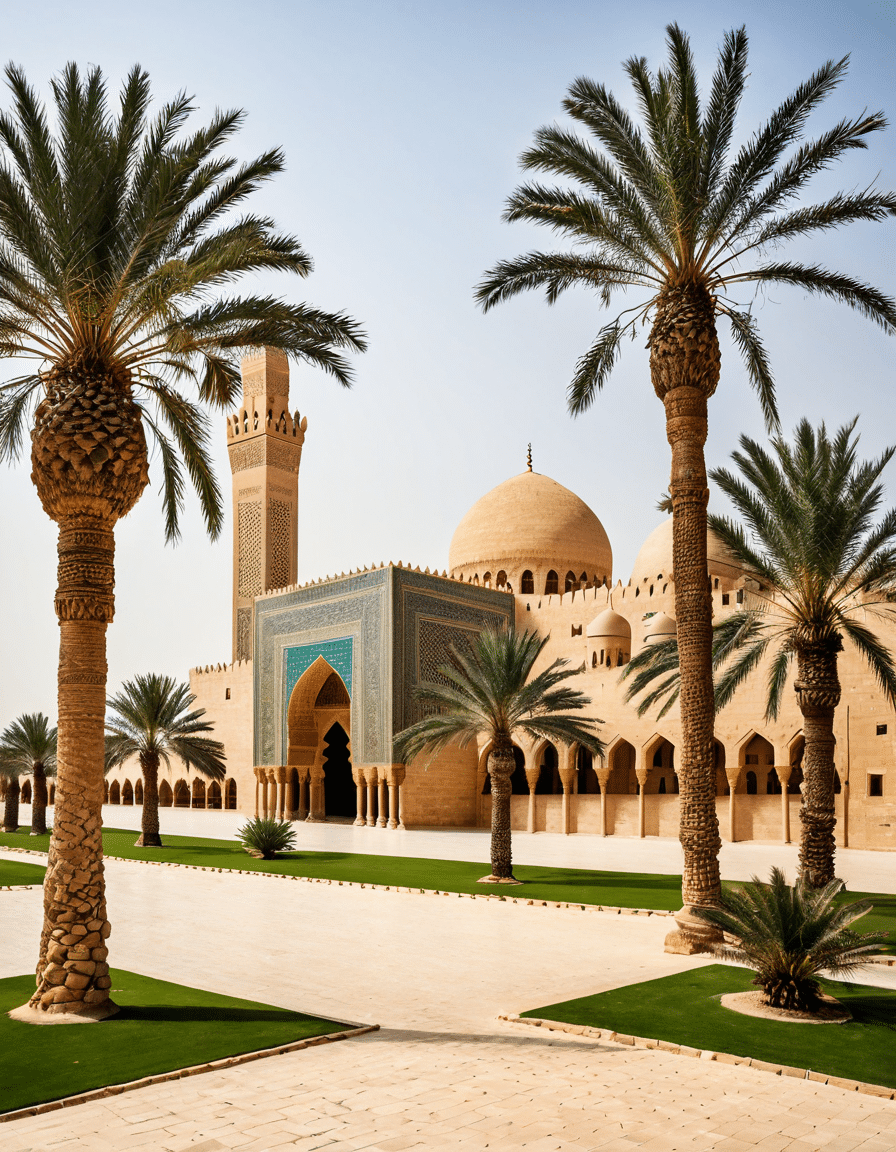
A Rich Tapestry of Diversity
The cultural wealth found in Arab countries goes beyond mere historical accounts; it encourages us to celebrate the past, engage in the present, and anticipate a vibrant future. This delicate balance of tradition and progress, alongside the interwoven relationships between regional powers, forms the essence of the Arab cultural landscape. Each nation, with its diverse identity, exemplifies the resilience and creativity of its people, inviting the global citizenry to appreciate and embrace their stories.
Ultimately, through deeper exploration, we can unlock a richer understanding of the intricate tapestries that make up the heritage of the Arab world. By valuing these narratives, we can foster deeper connections and promote cultural appreciation across borders, showcasing the universal beauty of diversity.
Visiting these countries not only means witnessing breathtaking landscapes but also immersing oneself in their cultural legacies. Each trip becomes a journey into the heart of a civilization that, for millennia, has inspired countless generations. Be it through the ancient ruins of Petra, the sounds of Malouf in Tunisia, or the bustling souks of Marrakech, the Arab countries beckon adventurers and scholars alike to discover their enduring legacies.
So, what’s stopping you? Pack your bags, and uncover the magic hidden within the Arab world; it just might set your heart on fire!
Arab Countries: Culture and History Trivia
A Glimpse into the Richness
Did you know that the Arab countries are home to some of the oldest civilizations on the planet? Places like Egypt boast the Great Pyramids, a lasting marvel since around 2560 BC! Speaking of unforgettable characters, imagine Danny Devito exploring Ancient Alexandria’s bustling markets, reflecting on how much history is woven into these places. Just like how the streets in Bay Cities buzz with life, each city in these Arab countries pulses with stories waiting to be told.
Festivals and Traditions
Next up, let’s talk about festivals! The Arab countries celebrate a plethora of vibrant festivals, each unique to its culture. For instance, Ramadan isn’t just a month of fasting; it’s a festival of community, charity, and family bonding. And imagine catching an Acapulco Show during the lively evenings—now there’s a cultural extravaganza you wouldn’t want to miss! Kids might even find it thrilling to learn new hand signs in Harder in Asl, a delightful way to break language barriers, just like the colorful fusions of culture found in places like Westgate Town Center.
Culinary Journeys
Now, if food is your passion, you’re in for a treat! The culinary scene in Arab countries is nothing short of a flavor explosion. From the mouthwatering shawarma to aromatic saffron rice, there’s something for everyone to enjoy. And while you’re enjoying these delicacies, pop a question about Shannon Kanes role in promoting cultural diversity in her new projects. This showcases how modern stories interlace with ancient histories, kind of like how the Chevrolet Blazer ev marks a new era of innovation while respecting tradition, much like the Arab countries do.
In conclusion, whether it’s the captivating landmarks, rich festivals, or sumptuous cuisines, Arab countries are a treasure trove of history and culture. So, pack your bags and get ready for an adventure that’ll thrill you!
